Results
-
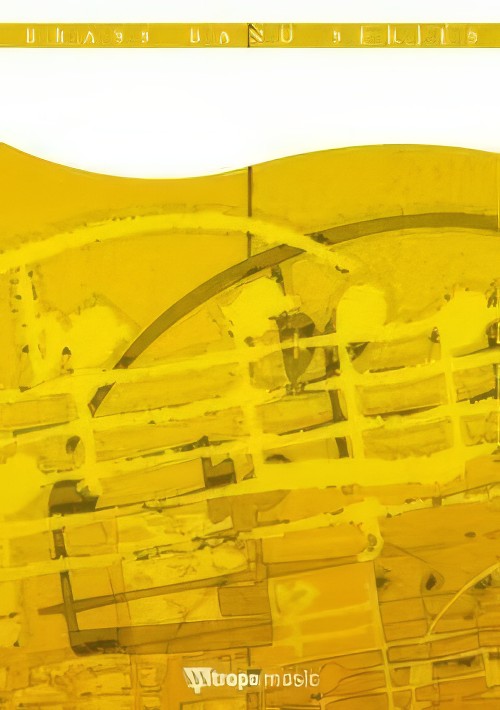 £74.99
£74.99Funky Brass (Brass Band - Score and Parts) - Schwarz, Otto M.
In addition to his many 'serious'works Otto M. Schwarz has had much success with several lighter works such as Band Fever, Funk Attack and Groovin' Around. This seriously funky piece Funky Brass makes a perfect addition to the light brass band repertoire.Duration: 4:50
Estimated dispatch 7-14 working days
-
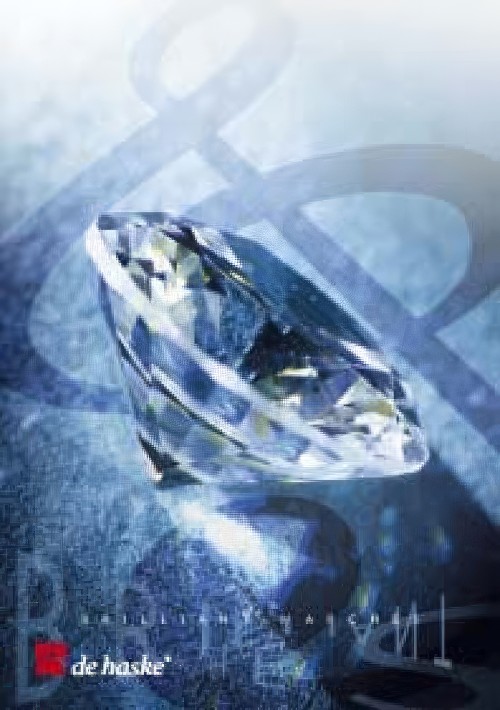 £59.99
£59.99Pioneers of the Lowlands (Brass Band - Score and Parts) - De Haan, Jacob
This concert march is a tribute to the pioneers in the world of brass music in the Lowlands of Netherlands, the original founders of the bands and the people who take the lead in organising the societies and associations in the band movement. Celebrate the joy and friendship of the brass band movement with this truly uplifting march.Duration: 3:00
Estimated dispatch 7-14 working days
-
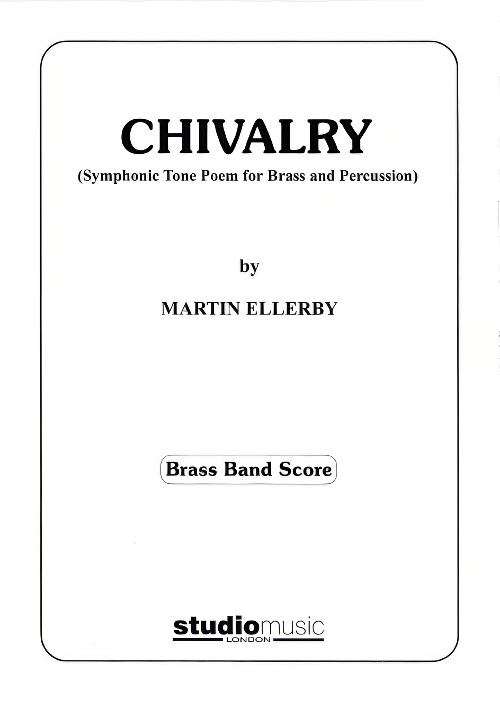 £44.95
£44.95Chivalry (Brass Band - Score only) - Ellerby, Martin
Symphonic Tone Poem for Brass and PercussionPremiere: All England Brass Band Championships, Cambridge May 2003Recorded on Polyphonic QPRL231D Terra Australis, QPRL218D Master Brass (Volume Fourteen)Duration: 13:00.
Estimated dispatch 7-14 working days
-
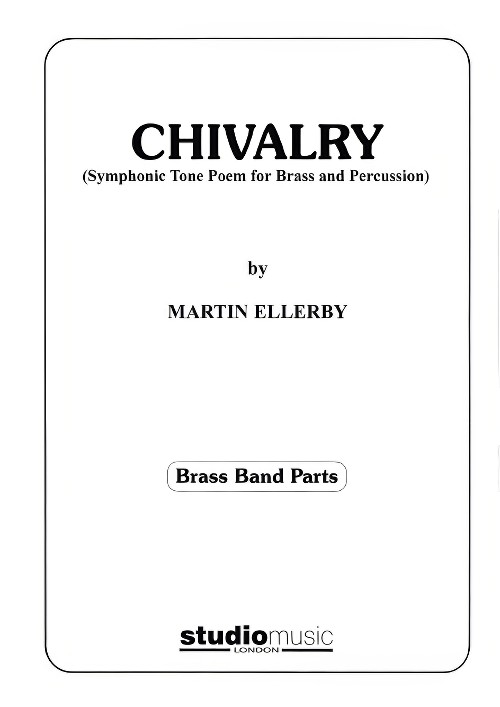 £87.95
£87.95Chivalry (Brass Band - Score and Parts) - Ellerby, Martin
Symphonic Tone Poem for Brass and PercussionPremiere: All England Brass Band Championships, Cambridge May 2003Recorded on Polyphonic QPRL231D Terra Australis, QPRL218D Master Brass (Volume Fourteen)Duration: 13:00.
Estimated dispatch 7-14 working days
-
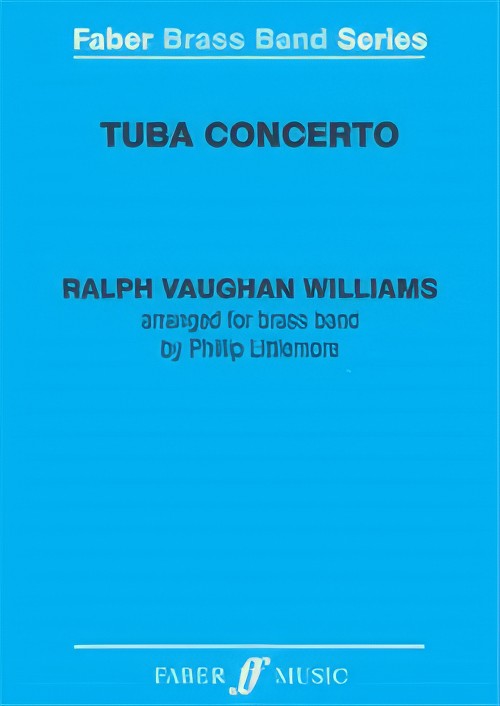 £105.00
£105.00Tuba Concerto (Tuba Solo with Brass Band - Score and Parts) - Vaughan Williams, Ralph - Littlemore, Phillip
Ralph Vaughan Williams' Tuba Concerto was written in 1953/4 in response to an invitation to compose a work for the Golden Jubilee of the London Symphony Orchestra. Vaughan Williams was by then in his eighty-second year. The lively, outer movements both conclude with extended cadenzas, while the beautifully lyrical Romanza is Vaughan Williams at his best. Phillip Littlemore's brass band arrangement is a welcome addition to the brass band repertoire. Suitable for Championship Section Bands. Duration: 15.00
Estimated dispatch 7-14 working days
-
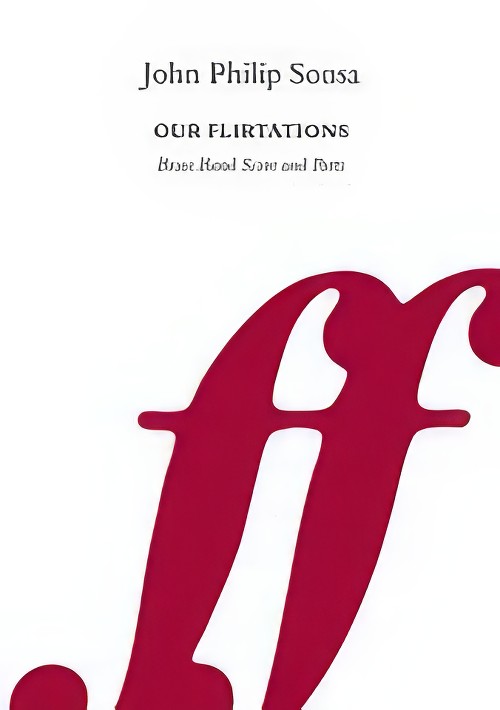 £50.00
£50.00Our Flirtations (Brass Band - Score and Parts) - Sousa, John Philip - Westwood, Gary
The name John Philip Sousa is no stranger to any brass band aficionado. Our Flirtations has its origins in incidental music written by Sousa for a play of the same name. It was written around 1880, about the time he was appointed Director of the U.S. Marine Band, a position he held until he formed his own civilian band in 1892. Sousa wrote over 130 marches, many of which have been transcribed for brass band.
Estimated dispatch 7-14 working days
-
 £59.99
£59.99You're a Lady (Brass Band - Score and Parts) - Skellern, Peter - Stalman, Wim
Songwriter and composer Peter Skellern was a great writer of many truly sensitive love songs, with You're A Lady being the most famous by far. This evergreen was originally performed with brass band backing, making it an obvious choice for a brass band arrangement.Duration: 5:15
Estimated dispatch 7-14 working days
-
 £59.99
£59.99Conzensus (Brass Band - Score and Parts) - Van der Roost, Jan
This stately concert opener was originally written by Jan Van der Roost for a special event in which six respected wind orchestras (two Belgian and four Dutch) of different composition (two symphonic bands, two fanfare bands and two brass bands) were featured during six concerts. Each evening brought forth a performance by a symphonic band, a fanfare, and brass band, so that the audience could experience all three types of ensembles. This was indeed an original concept. The name, ConZEnSus, comes from a combination of the words, 'Concert Cyclus' (concert series) and 'zes' (Dutch for 'six'). This leads to a new word, which refers to 'consensus'. The general tenor of the cycle is thus immediately indicated. The richness of color of the various ensembles is revealed through an open and friendly atmosphere. During all six concerts (over a span of three years), ConZEnSus functioned as a permanent opening number for each orchestra. Thus the same musical story was portrayed in three different packages.Duration: 2:30
Estimated dispatch 7-14 working days
-
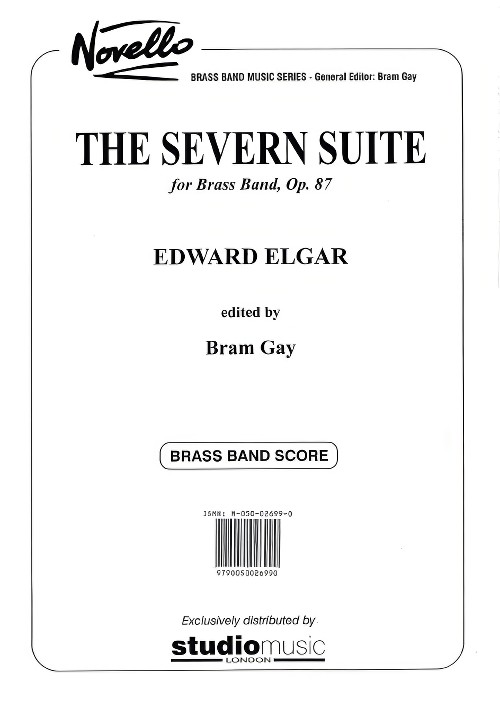 £44.95
£44.95The Severn Suite (Brass Band - Score only) - Elgar, Edward - Gay, Bram
The Severn Suite was first performed on 27 September 1930 at the National Brass Band Championships, Crystal Palace. The first performance of this edition took place on 7 September 1996 at the British Open Brass Band Championship at Bridgewater Hall, Manchester.Duration: 15-16 minutes
Estimated dispatch 7-14 working days
-
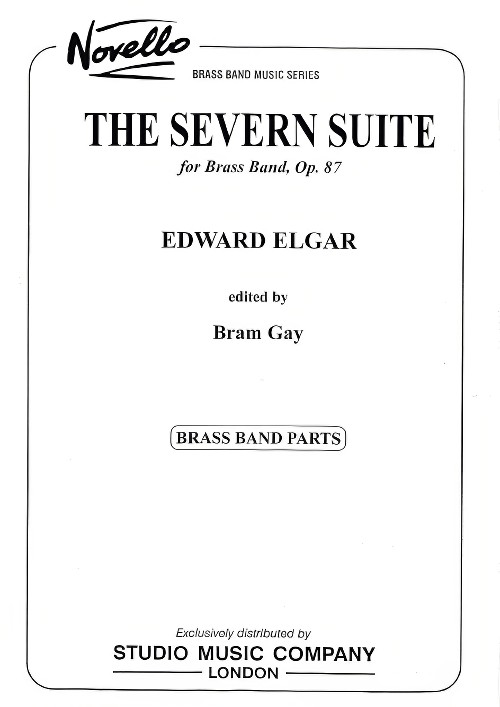 £94.95
£94.95The Severn Suite (Brass Band - Score and Parts) - Elgar, Edward - Gay, Bram
The Severn Suite was first performed on 27 September 1930 at the National Brass Band Championships, Crystal Palace. The first performance of this edition took place on 7 September 1996 at the British Open Brass Band Championship at Bridgewater Hall, Manchester.Duration: 15-16 minutes
Estimated dispatch 7-14 working days
